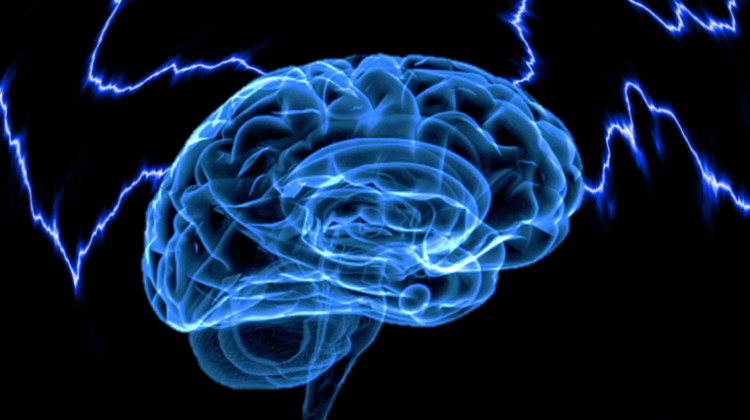With just one week to go before Psych comes to London, there’s not much time left to book your tickets to come along. In case you were in any doubt over whether to come, we’ve compiled an (almost complete) go-to guide for sponsors, speakers and their topics.
Dr Aaron Balick – The Strongest Persuader: You.
When thinking about online persuasion, we generally think of it as marketers persuading consumers. We often forget that we are our own biggest persuaders, and persuade ourselves about ourselves in particular ways online. As human beings we are heavily invested in our own identities, and we manage this investment in a particular way online, especially via social networking sites.
Dr Balick will be using psychological models to understand how our identities are manifested online, and the ways in which we may unconsciously persuade ourselves more about our ideal visions of ourselves or how we’d like to be seen, than who we really are.
Nathalie Nahai – The Secret Psychology of Online Persuasion
Web Psychologist Nathalie Nahai reveals how you can understand the brain’s primal, emotional and rational systems to predict the behaviour of prospects and tailor your marketing communications for more engagement.
Discover how to:
Leverage the brain’s primal, emotional & rational systems to engage customers persuasively
Employ specific online persuasion techniques on your website and in your marketing campaigns
Improve marketing communications with a solid understanding of basic web psychology principles
Bart Schutz – “Wheel of Persuasion: Applying brain sciences to businesses”
Businesses separate brains from their money.
Online = Digital (behavioural) data: providing a World Wide Walhalla for testing scientific brain insights.
In his – roller coaster type – session, Bart will spoil you with online tests that practically prove the effectiveness of applying behavioural economics, neuro-sciences and good ‘ol psychology.
Brian Massey – Getting Past the Bouncers in Our Brains: Writing Copy That Persuades
There are two areas in the human brain that are designed to ignore advertising and marketing messages. It is a survival technique that can be stood on it’s head making these messages seem crucial. Find out who these big fat bouncers are and how to get in the door.
André Morys – The Power of Values: Why Emotional Optimization has the Highest ROI
In the young discipline of conversion optimisation, a lot of techniques and best practices are discussed. Most of the ideas is about optimising templates, buttons or headlines.
In his presentation, Andre showcases two studies that demonstrate, why focussing on the emotional intent of users has the highest ROI in ecommerce optimisation.
Dr Paul Marsden – Suicide Terrorism, advertising and what makes contagious content
Lessons from psychology on how to create a mind virus with contagious content.
Stephen Pavlovich – Using Personas To Increase Your Conversion Rate
We’ll discover how:
– Understanding personas helped add $1.2b to a company’s revenue.
– We can use quantitative and qualitative data to create these personas & the shortcuts you can take to build them quickly and easily.
– To apply these personas to your website, and create a framework for conversion optimisation.
Mark Adams – Anatomy of the social organism
Mark Adams argues that social platforms are best modelled as a living and ever evolving social ecosystem that feeds on conductive content and rids itself of pollution and illness in the same way an organism does. The 7 principles that underline this analogy help predict which social campaigns will work and which will be flushed through the system with no take up.
Ed Weatherall – 1. Impact of understanding online user based on psychographic profiles
VisualDNA is pioneering new ways of understanding people online, we do this by combining psychological testing with big data analysis.
For ordinary people, this means we can help them understand themselves better. For businesses, it means we can help them understand their customers better.
Sarah Walker – The neuroscience of stories
How learnings from neuroscience are can help brands tell better stories, and tell stories better.



